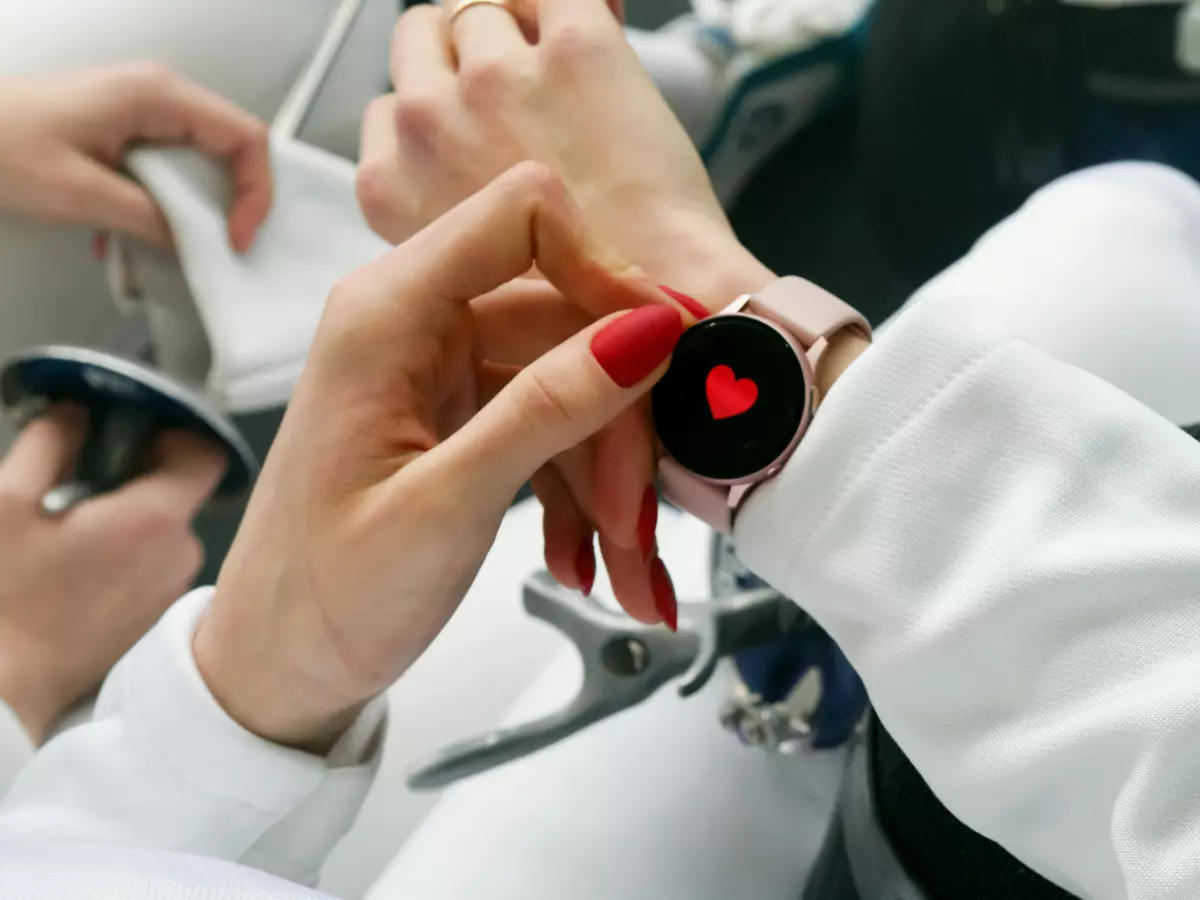Orion Unveiled
"So, are we finally living in the future?" my friend asked, eyes wide as we watched Zuckerberg introduce Meta's latest creation.

By Sophia Rossi
Well, if you’ve been waiting for the future to arrive, Meta just dropped a bombshell at its Meta Connect 2024 event: the Orion AR glasses. These aren’t your average smart glasses, folks. We’re talking holographic displays, AI integration, and a vision for the future that feels straight out of a sci-fi flick. But what exactly are these glasses, and why should you care? Buckle up, because we’re diving into the tech that could change everything.
Let’s start with the basics. The Orion AR glasses are Meta’s first real foray into augmented reality (AR) eyewear. While they’re still in the prototype phase, the company has big plans to release a consumer version in the coming years. And if the demo is anything to go by, these glasses are going to be a game-changer. Imagine walking down the street, and instead of pulling out your phone to check directions, the route is projected right in front of you. Or maybe you’re at a museum, and the glasses give you real-time info about the artwork you’re looking at. The possibilities are endless.
Holographic Displays: Seeing is Believing
One of the standout features of the Orion glasses is their holographic displays. Unlike traditional AR glasses that overlay digital images onto your real-world view, these displays create a more immersive experience. Think of it as having a mini hologram floating in front of your eyes. Whether it’s a 3D map, a video call, or even a virtual pet (hey, why not?), the holographic displays make it feel like these digital elements are actually part of your environment.
But it’s not just about the visuals. Meta has also integrated its Meta AI assistant into the glasses, which means you can interact with these holograms using voice commands. Need to know the weather? Just ask. Want to set a reminder? Done. The AI is designed to be intuitive and responsive, making the glasses feel like a natural extension of your daily life.
AI Integration: Your Personal Digital Assistant
Speaking of AI, Meta’s assistant is getting a serious upgrade with the Orion glasses. According to Engadget, the AI will now be able to handle more complex tasks, like translating longer chunks of text and providing real-time information about your surroundings. This could be a game-changer for travelers, as the glasses will support live translation for multiple languages, including English, French, Italian, and Spanish. Imagine walking through a foreign city and having the glasses translate signs and menus for you in real-time. It’s like having a personal translator right on your face.
But that’s not all. The AI will also be able to scan QR codes, make phone calls, and even remind you to buy that book you saw at the store last week. And the best part? You won’t have to use clunky commands like “Hey Meta, look and tell me…” anymore. The AI is getting smarter, allowing for more natural interactions like “Hey Meta, what am I looking at?” It’s all about making the experience as seamless as possible.
The Future of AR: What’s Next?
So, what does the future hold for Meta’s Orion AR glasses? While the prototype won’t be hitting store shelves anytime soon, the company is clearly betting big on AR. And they’re not alone. With companies like Apple and Google also working on AR tech, it’s only a matter of time before these kinds of glasses become as common as smartphones.
For now, though, we’ll have to wait and see how Meta continues to develop the Orion glasses. Will they live up to the hype? Only time will tell. But one thing’s for sure: the future of augmented reality is looking brighter than ever.
So, are we finally living in the future? Well, if Meta has anything to say about it, we’re getting pretty darn close.




